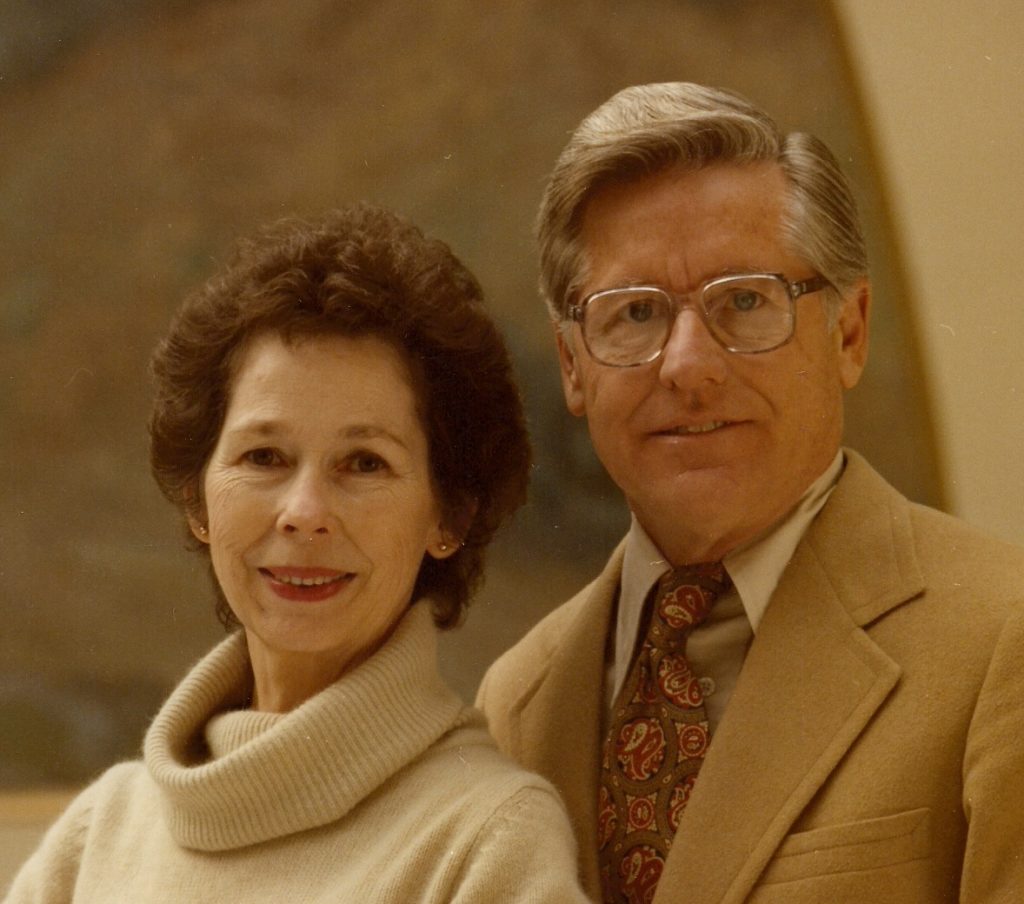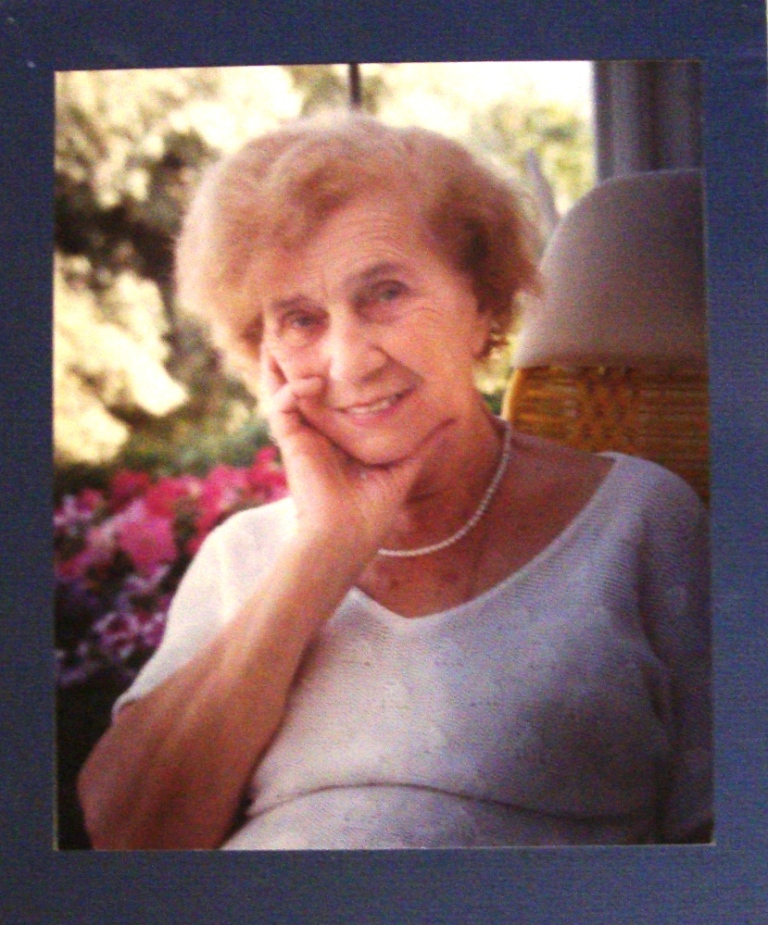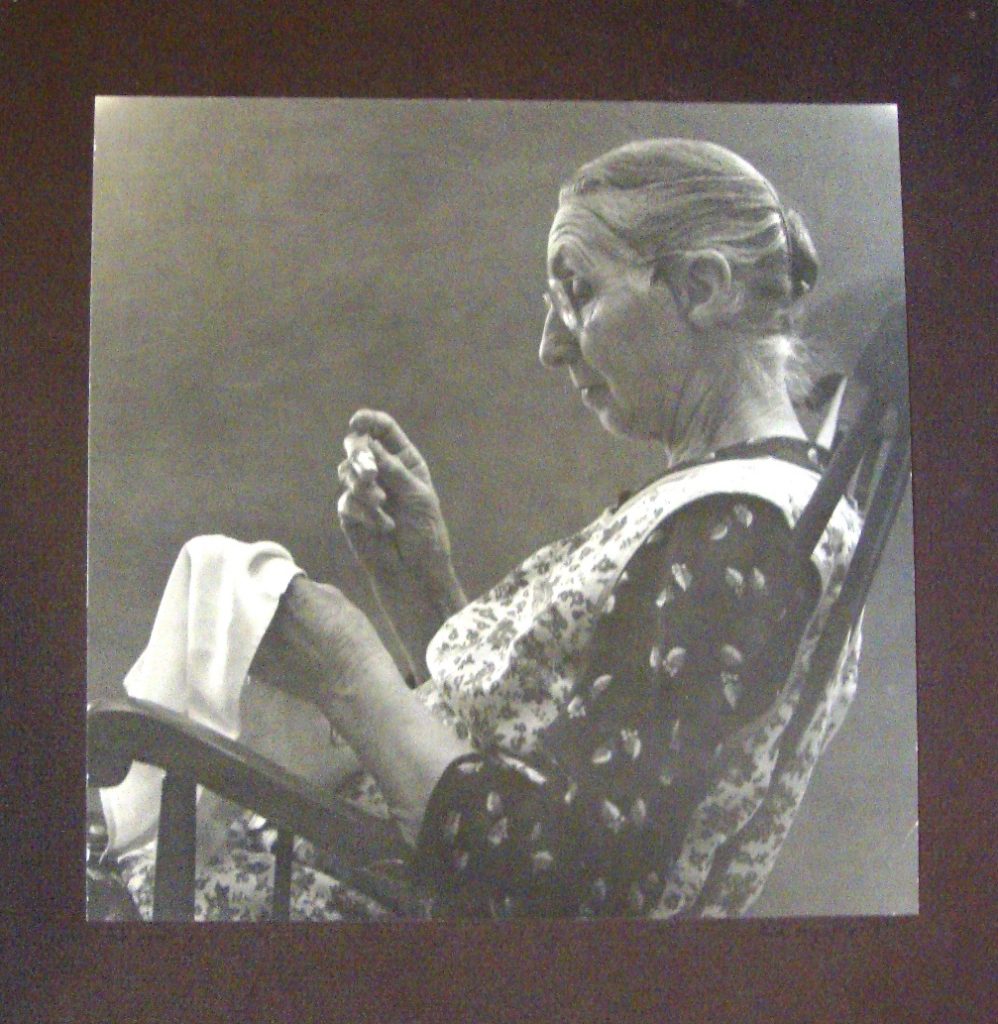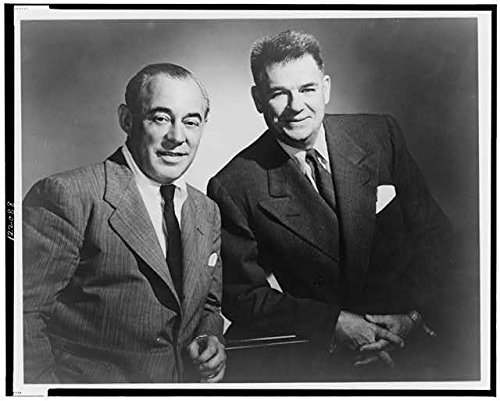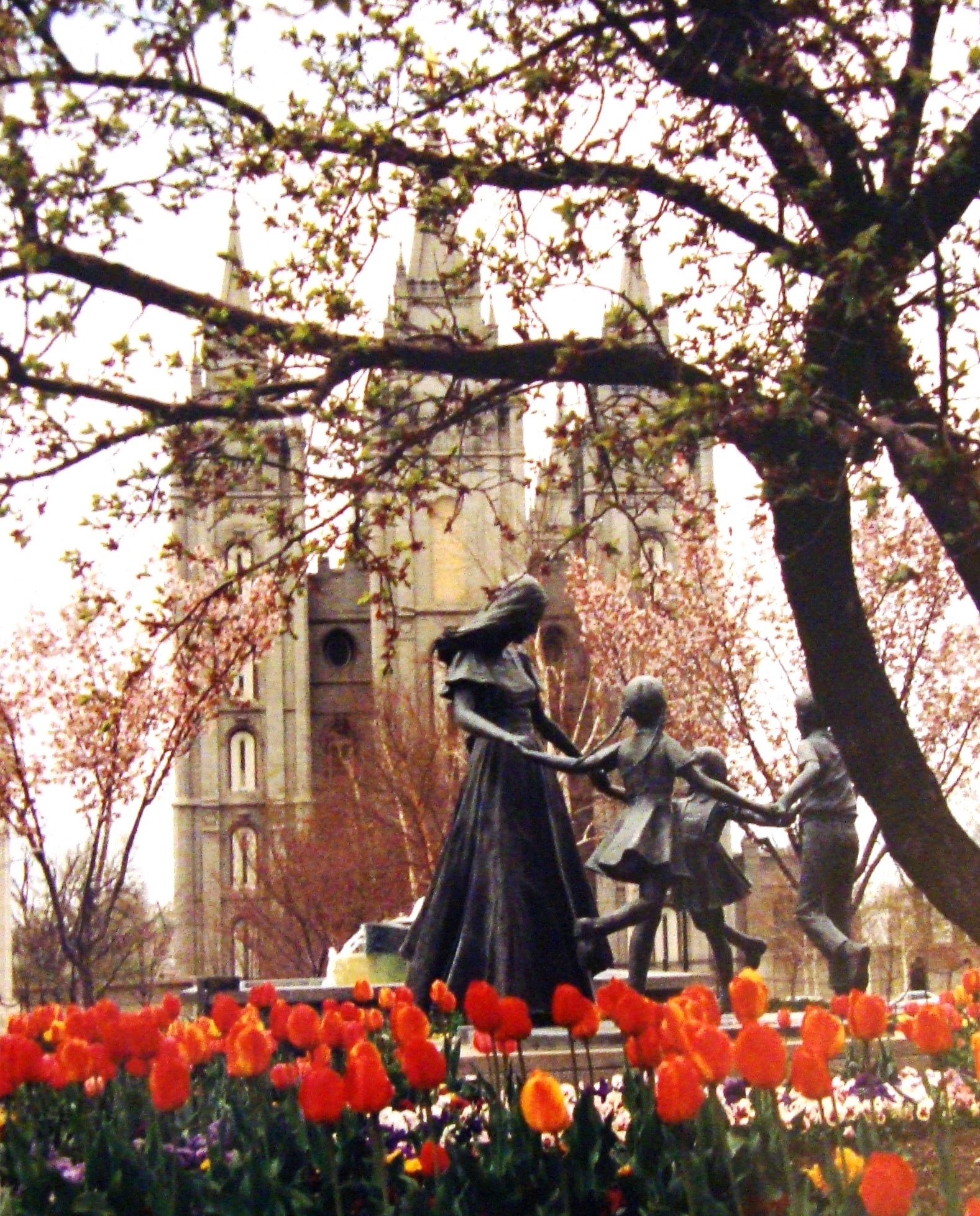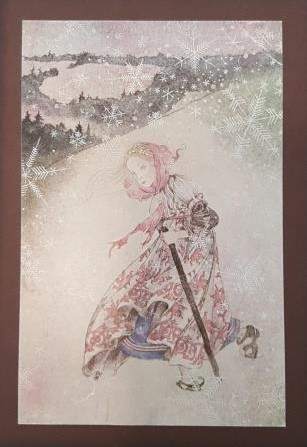I have felt something recently I think many of us have as well – a “sea change” in how we experience the world, how we see our future, and even the stability of the Earth below our feet! I don’t believe we’ve had so much division and animosity in our nation since the build-up to the Revolutionary War when Patriots and Loyalists were 180° apart, but I expect they still had better manners than we do . . . .
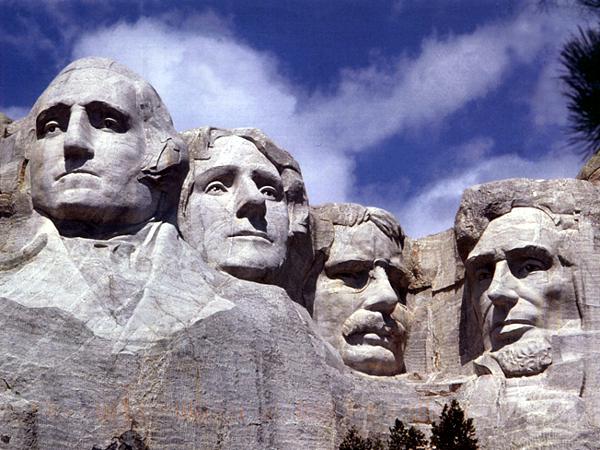
Never before has civility and social maturity been at such a low ebb. No matter what label you give to the opposing camps in our country or what side you may be on, both seem to feel justified in pointing the finger at the other, in the most juvenile ways. Each assumes they have all right and virtue is on their own side, that the other has no merit at all and is worthy of any name-calling and nastiness they can throw at it.
When I was going through school long, long ago, this type of attitude and behavior was almost unheard of. Yes, there were teachers and others who let their opinions and egos get a little out of control, but the general standard was a tacit acknowledgement that truth was bigger than all of us and that no one had a patent on it. Many of my teachers would say, “The more I learn, the more I realize I don’t know.” Additionally, I felt and believed that there was an “umbrella of ultimate truth” arching over mortal life and that it was the adventure of a lifetime to discover even some of it. Christians call this attitude humility, academics call it objectivity, and others might just say “open-mindedness.” The standard in journalism was always a mandate to present both sides as objectively as possible, leaving opinions to the editorial page. That seems to be absolutely gone now. Opinions masquerade as facts and dissenters are vilified without a hearing. The events surrounding this presidential election have rocked my world and that of many others.
Where did these thoughts lead me? First, I believe we need a return to civil dialogue that doesn’t focus on snippets of behavior, personality, and superficial judgments. One of my bosses many years ago, the Human Resources Manager of a large company, said many times that he “first seeks to understand before he seeks to be understood.” That’s probably a good place to start: asking someone to explain not only what their opinion is, but why they have it.
That then can lead into a discussion of goals, principles, and values. When people of seemingly opposing positions get to this point, they often realize they have the same or similar values and goals, but may differ on how to get there. However, with a little effort, goodwill is retained, respect increases, and the potential for unity, not discord, grows.
Finally, I think it’s a great idea to affirm the other person’s good intentions, the areas where you can agree, and then politely “agree to disagree” civilly about the others. I loved the title of a book that came out in the 1960s, I’m OK, You’re OK. We can affirm someone’s inherent worth and intentions even if we seem to be diametrically opposed philosophically.

This isn’t even the main thrust of my topic today, which is how to internally deal with uncertainty, insecurity, fear, even terror, and then how to not let these feelings cripple our ability to function.
We can start by trying do our best and be our best while we push through fear – to act “as if” we were fearless. Then we can make a conscious effort to interact with others in a kind, understanding way, and contribute something of worth to society. Our fears may not disappear entirely but at least they won’t cripple us. Then we can work on conquering them over the long haul. But even with our best efforts, we will often find we’re at the end of our own resources of insight and energy. That’s the time to seek a greater power around us and beyond us. I think most of us experience that already, no matter what we call it. There are many paths to tap into that higher energy, and we each have to find our own. Mine starts with reflection, identifying why I’m feeling as I do, what my options are, and then calling for “the powers of heaven” to enlarge my natural insight and abilities, sought in concentrated prayer. I reach for both specific guidance and general comfort.
The answer often starts with a peace that soothes my soul and stills my agitation. As I sincerely listen, I receive insight on my specific issues from that greater power either immediately or in the hours that follow as I take action, putting “one foot into the darkness.” While I continue to believe in that power and seek it whole-heartedly, it never fails to show up. Not everyone calls it God or prayer, but that’s my path so bear with me as I describe my own process. At the end of the Book of Mormon we read, And when ye shall receive these things, I would exhort you that ye would ask God, the Eternal Father, in the name of Christ, if these things are not true; and if ye shall ask with a sincere heart, with real intent, having faith in Christ, he will manifest the truth of it unto you, by the power of the Holy Ghost. And by the power of the Holy Ghost ye may know the truth of all things. This scripture is specifically referring to receiving spiritual teachings, but when we receive or experience something in another sphere of life, the process is the same. When we’re stumped we can:
- Ask with a sincere heart: We have to really want an answer outside of our own opinions and wishes
- Ask with real intent: We have to be willing to act on the answer. God is merciful and doesn’t want us to be accountable for a truth greater than we are willing to live because He’s also a God of justice and has to allow us to experience the consequences of not following His higher truth once He’s revealed it, if that’s what we choose.
- Ask with faith in Christ: We have to believe in a higher power, the real higher power, or our asking is like spitting in the wind. We won’t like where seeking a false power eventually goes: disappointment, bitterness, or much worse. Whatever we call our higher power, if we seek a positive one, it will lead us to greater light and peace.
After prayer and reflection, I play great music from composers and performers who are also tapping into that greater power. You might try listening to the following: The Tabernacle Choir on Temple Square Christmas concert 2012 featuring soloist David Archuleta. His angelic voice, the inspired music, even the accompanying dancers all create a magical experience that moves me to tears every time I view it. Listen here. Or Pie Jesu, sung by Sarah Brightman and written for her by Andrew Lloyd-Webber, here on YouTube. And the whole score of Phantom of the Opera sends me right over the edge!
Look at great art. I have a poster on my bedroom wall that I see at the start and end of each day. It’s a portion of a larger Da Vinci painting I saw in London’s National Gallery. It’s an angel watching over Mary and Jesus. In the dark night around them, there are flower petals floating by. Her face is tilted toward a soft light with a reflective gaze. The curls around her ear reflect that light, showing she is listening for the voice of her maker. Her shoulder also leans into that light and tells me not only is she seeking inspiration but she’ll act on it. I never fail to calm down and seek those same subtle petals of inspiration. Here it is:
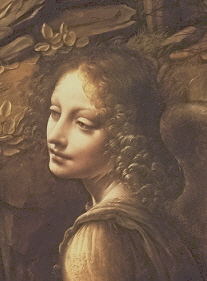
Then there’s what initially appears to be just pure escapism when we’re too tired to be productive – for me, it’s reading, viewing a TV show or movie. And I find that if I up my standards just a little, I will discover people who are great examples of courage, goodness, and service who inspire me to carry on and do a little better, as well as see the reward at the end of a long tunnel, all while being entertained and getting a nice break from my to-do list. Some of my fav’s:
- I love the old Broadway musicals: South Pacific, The Music Man, Oklahoma. But a lesser known one, State Fair with Dana Andrews and Jeanne Crain is a frequent guilty pleasure. Filmed in 1945, it takes me right back to my Iowa roots and my own teenage dreams of finding romance by chance. It’s pure escape but affirms my belief that happiness can overtake us when we least expect it.
- Chip and Joanna Gaines on Fixer Upper. Yes, we step into a light-hearted, sometimes goofy, account of how this couple transforms houses into homes for their clients but we also see what kind of people they are, their high standards of workmanship, and the caring they pour into personalizing a home for a particular family. Plus the clients have stories that often inspire, while Chip goofs off. My favorite gag is him playing the church lady when he finds an organ in a thrift store, donning a wig and doing her voice perfectly – hilarious!
- I love a little known British mini-series, House of Eliott. It’s about two sisters who suddenly face a reversal of fortune and how they cope. Over about eight years, we are given a glimpse into their personal and professional lives as fashion designers in 1920s London. Older sister Beatrice is 30 and Evangeline is 18 when the story begins. Bea is cynical and driven. Evie is naive and artistic. They craft a fashion design business and lurch their way to personal happiness, along with many of their staff. The characters are unique, the writing, acting and lush costumes are superb. You can get lost in their story, forget your troubles, and also come away with unforgettable people who teach you something valuable.

Finally, I read books and watch shows that deal with adversity that at least transforms nebulous fears into specific and hopefully more manageable ones – if these people coped, perhaps I can too. Here are a few to get your started:
- Victor Herman, Coming Out of the Ice: His father is sent to Stalin’s Russia in the 1930s to help them launch their auto industry. Gymnast Victor is expected to represent Russia in the Olympics but when he refuses to give up his American citizenship to do so, the whole family is put in a concentration camp. What he does to survive 18 years in Siberia is simply unforgettable. (NOTE: There are two editions, one for Christian readers without the bad language the publisher inserted, much to the author’s chagrin.)
- Immaculee Ilibagiza, Left to Tell: This young woman spent 3 months hiding in her priest’s bathroom with 5 other women to escape the slaughter of the tribal war in Rwanda between the Hutu’s and the Tutsi’s. She spent her days praying and sending out unconditional love even while hearing sounds of the murder of her favorite brother right outside. Three times while being transported to safety by UN soldiers, they were nearly attacked again. Each time she prayed and sent that same love towards them – and they just disappeared back into the jungle! She eventually made it to the US, worked at the UN, married and had a family. Visiting Rwanda later, she saw the difference between those who could forgive and move forward and those who could not. Another amazing story.
- ABC’s biggest TV mini-series ever (1983 and 1988): Winds of War and War and Remembrance. Most library systems have the DVDs to check out. Winds of War can be purchased from Amazon, but it’s impossible to find an affordable set of War and Remembrance. This is simply the most amazing 48 hours of viewing I’ve ever experienced. Based on Herman Wouk’s best selling novels of the same name, Producer and Director Dan Curtis filmed in 10 countries with a cast of 44,000 (mostly extras) while telling the story of two fictional American families during WWII. Once again, every component was amazing and there were many moments of inspiration woven into top-notch entertainment. Of special note was John Gielgud cast as Aaron Jastrow in War and Remembrance. His speech in the “Luxury Ghetto” of Theresienstadt is simply one of the most moving dramatic experiences of my life.
Find the cultural experiences that speak to you. We are heirs of the richest culture in the history of mankind, Western Civilization. While it’s under attack right now, we can have the assurance that “nothing good will be lost” as uttered by early LDS leader, Brigham Young:
“The business of the Elders of this Church (Jesus, their elder brother, being at their head), is to gather up all the truths in the world pertaining to life and salvation, to the Gospel we preach, to mechanisms of every kind, to the sciences, and to philosophy, wherever they may be found in every nation, kindred, tongue and people, and bring it to Zion.” The “Gathering” was to be not only a bringing together of people, but of all the treasures surviving in the earth from every age and culture; “Every accomplishment, every polished grace, every useful attainment in mathematics, music, in all science and art belong to the Saints, and they rapidly collect the intelligence that is bestowed upon the nations, for all this intelligence belongs to Zion. All the knowledge, wisdom, power, and glory that have been bestowed upon the nations of the earth, from the days of Adam till now, must be gathered home to Zion.” “What is this work? The improvement of the condition of the human family.”
(Hugh Nibley quoting Brigham Young in Why I Believe, a collection of essays from prominent LDS members, published by Bookcraft, SLC, 2002; originally from Brother Brigham Challenges the Saints, 1994, emphasis added) NOTE: “Saints” means “followers of Christ,” not perfect beings. Also note, Zion mentioned here will include all good people who survive the events described in The Book of Revelation, in the New Testament.
Finally, I’m a Christian because of my direct, life-changing experience with the Spirit of God intimately confirming teachings about Jesus and eternal life. See my earlier post describing it: HERE. Zion and Jerusalem have a great destiny in the next chapter of man’s journey. From Isaiah in the Old Testament:
And it shall come to pass in the last days, that the mountain of the Lord’s house shall be established in the top of the mountains, and shall be exalted above the hills; and all nations shall flow unto it. And many people shall go and say, Come ye, and let us go up to the mountain of the Lord, to the house of the God of Jacob; and he will teach us of his ways, and we will walk in his paths: for out of Zion shall go forth the law, and the word of the Lord from Jerusalem. And he shall judge among the nations, and shall rebuke many people: and they shall beat their swords into plowshares, and their spears into pruninghooks: nation shall not lift up sword against nation, neither shall they learn war any more. O house of Jacob, come ye, and let us walk in the light of the Lord. (Isaiah 2:2-5, emphasis added)
Members of the Church of Jesus Christ of Latter-day Saints are taught that Zion will be established on this continent and will have many leadership roles in the Millennium, while Jerusalem will be a great spiritual center, as all good people will be gathered in, to learn and progress at their own rate. Coupled with the idea that all the great achievements of every age past will be preserved, we have a lot to look forward to. But we also know, it will take the miracles of God to free us from the chaos descending upon us and all of Western Civilization. Those miracles will be so great that they will even eclipse the parting of the Red Sea in Moses’ day. See Jeremiah 16:14-15
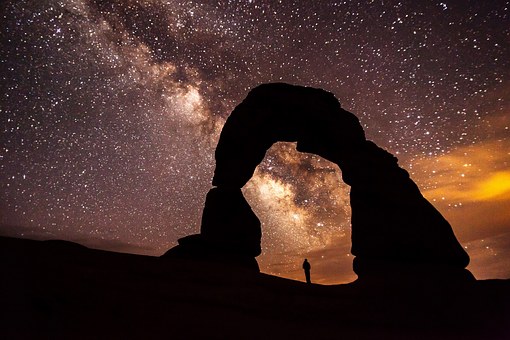
Ultimately, we know from scriptures who wins the battle between Good and Evil, so we can have confidence that our sorrows, fears, and afflictions will be temporary and will be swallowed up in victory:
So when this corruptible shall have put on incorruption, and this mortal shall have put on immortality, then shall be brought to pass the saying that is written, Death is swallowed up in victory. O death, where is thy sting? O grave, where is thy victory? . . . But thanks be to God, which giveth us the victory through our Lord Jesus Christ. Therefore, my beloved brethren, be ye steadfast, unmoveable, always abounding in the work of the Lord, forasmuch as ye know that your labour is not in vain in the Lord. (New Testament: 1 Corinthians 15:54-55, 57-58, emphasis added)
Our “labour” is to contribute to the “growing good of the world” (from the end of the English novel, Middlemarch) building on the rich heritage behind us and looking forward to the even greater one that awaits all of us!
So my last coping mechanism is picturing that glorious life where everyone receives the reward of their thoughts, words, and actions, and what role I might be able to play there. If we all do this, we can then really focus on creating a new world of goodness, happiness and unity, under the wings of our Savior, Jesus Christ, and our Heavenly Father who loves us, right now.
That is comfort indeed – so let’s keep civilization alive by being civil, then stand up and keep the faith!



